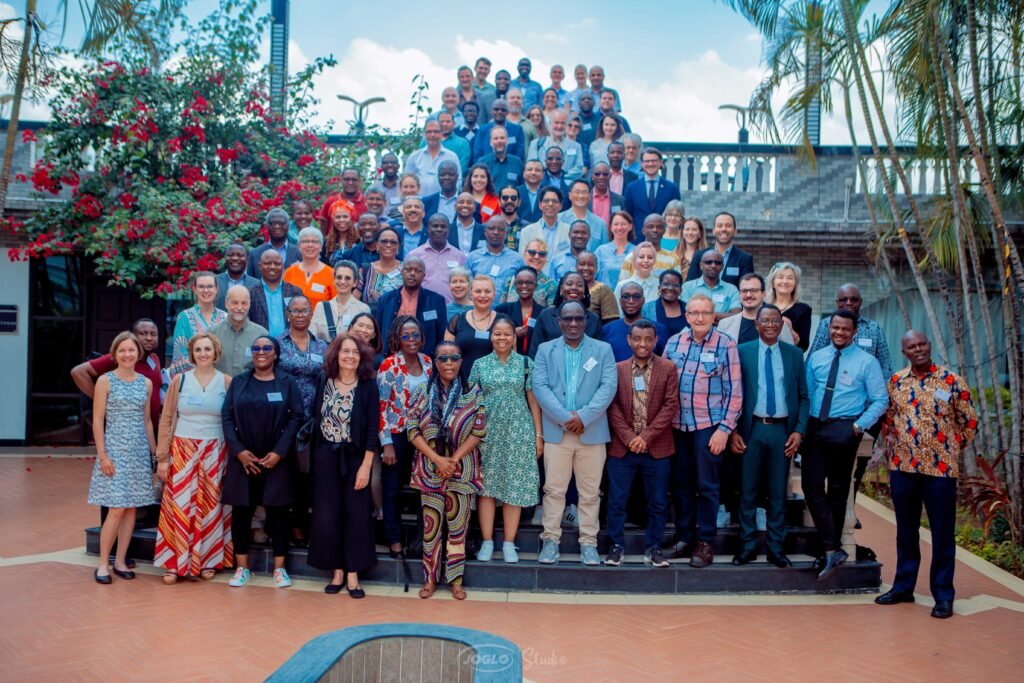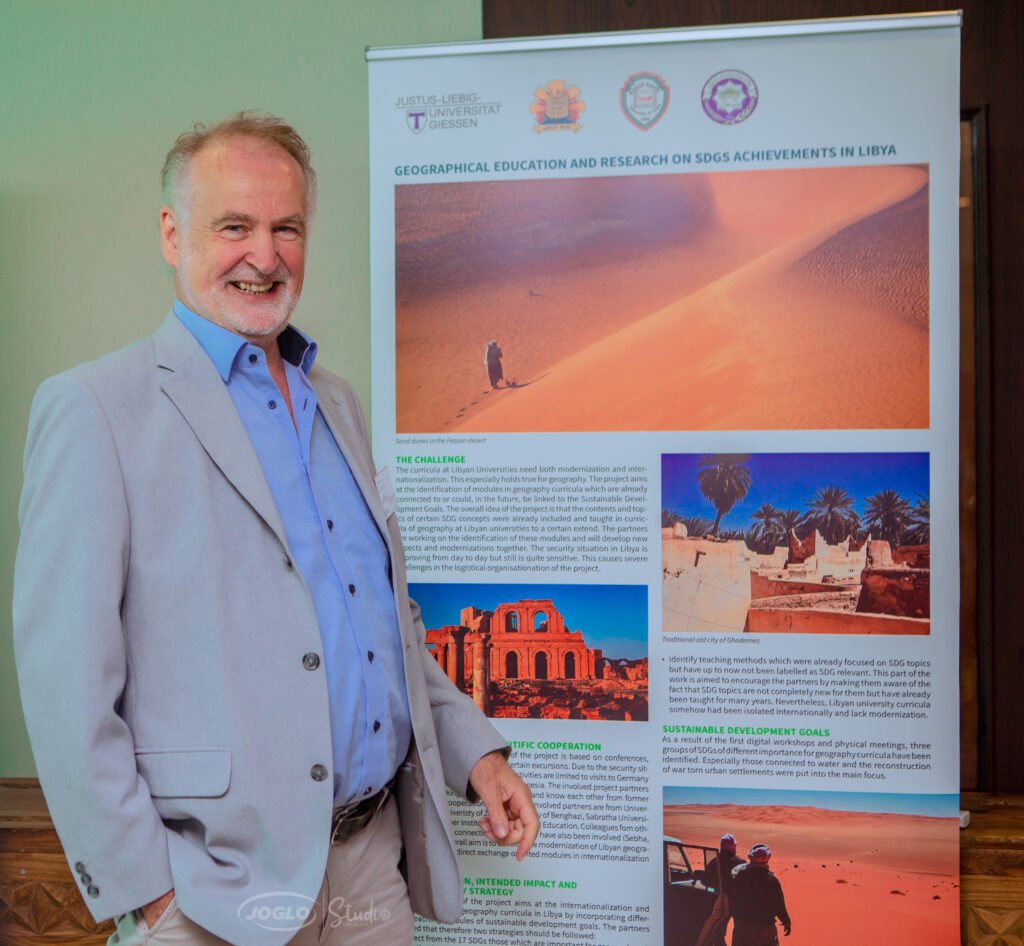‘Educating tomorrow‘s leaders to pioneer sustainable development – the role of academia’
Dar Es Salaam, Tanzania | 22–24 July 2024

The SDG Partnership Program, funded by the German Academic Exchange Service (DAAD) and the German Federal Ministry for Economic Cooperation and Development (BMZ), plays a critical role in advancing Sustainable Development Goals (SDGs) worldwide. The program focuses on fostering global partnerships between higher education institutions (HEIs) and supporting their joint research and educational efforts. Through these partnerships, the DAAD provides a platform for academic exchange, collaboration, and knowledge transfer to address global challenges such as climate change, poverty, and inequality.
One of the recent highlights of the program was the Project Leader Conference held in Dar Es Salaam, Tanzania, in July 2024. This event brought together over 100 project leaders and academics from Africa, Asia, and Latin America. It showcased over 40 projects designed to contribute to the SDGs within the framework of the United Nations’ Agenda 2030. Through interactive workshops, keynote speeches, and peer-to-peer learning formats, the conference emphasized the collective effort to anchor the SDGs in university curricula, disseminate research findings to local communities, and foster inclusive communication among project partners.
Integrating Innovation into Geographical Education and Research for SDG Achievement in Libya
As part of this global initiative, our project, titled “Integrating Innovation into Geographical Education and Research for SDG Achievement in Libya,” aims to contribute significantly to the achievement of the SDGs by enhancing geographical education and research in Libya. Supported by DAAD and several Libyan universities—namely, the University of Tripoli, the University of Benghazi, the University of Zawia, the University of Sabratha and the Justus Liebig University of Giessen, this project focuses on integrating innovative educational practices and research methods to address key societal challenges in Libya.

The project is committed to:
– Developing Curriculum Innovations: We are working on embedding SDG-related content into geography curricula across participating Libyan universities. This effort is designed to equip students with the knowledge and skills necessary to tackle local and global challenges, including climate change, sustainable urban development, and environmental conservation.
– Strengthening Research Networks: We are fostering cross-institutional collaboration between universities in Libya and Germany. By creating robust research networks, we aim to drive innovation and knowledge transfer that supports both academic growth and societal impact. The focus is not only on improving geographical research but also on empowering communities by including indigenous knowledge systems and local research methodologies.
– Capacity Building for Future Leaders: A core aspect of the project is the training of students and faculty members to become leaders in sustainable development. We provide hands-on training, fieldwork opportunities, and access to cutting-edge technology, empowering the next generation of Libyan geographers to contribute to SDG achievement through innovative research and applied geography.
– Community Engagement and Knowledge Transfer: We actively involve local communities in the research process by conducting participatory action research. This ensures that research outcomes are not confined to academic publications but are shared with the communities that will benefit from them. Through workshops and public presentations, we work to make the knowledge generated by the project accessible to the broader public.
The project not only contributes to Libya’s higher education development but also has a broader impact on achieving the United Nations’ Sustainable Development Goals. As we continue this important work, we remain committed to fostering global cooperation, innovation, and sustainability through geographical education and research.


